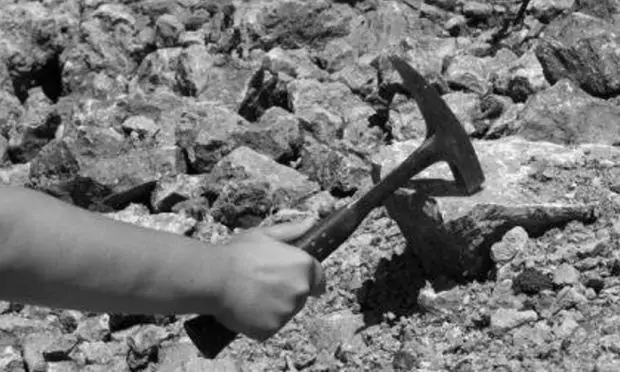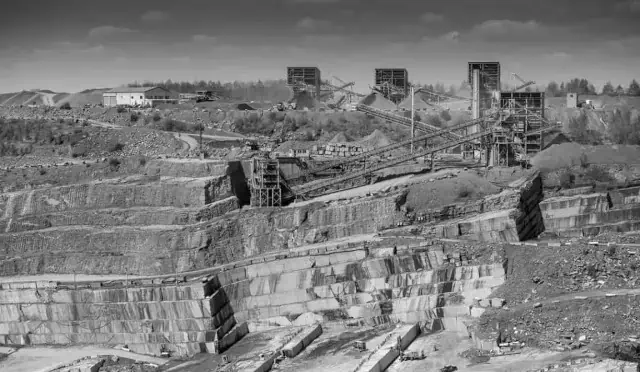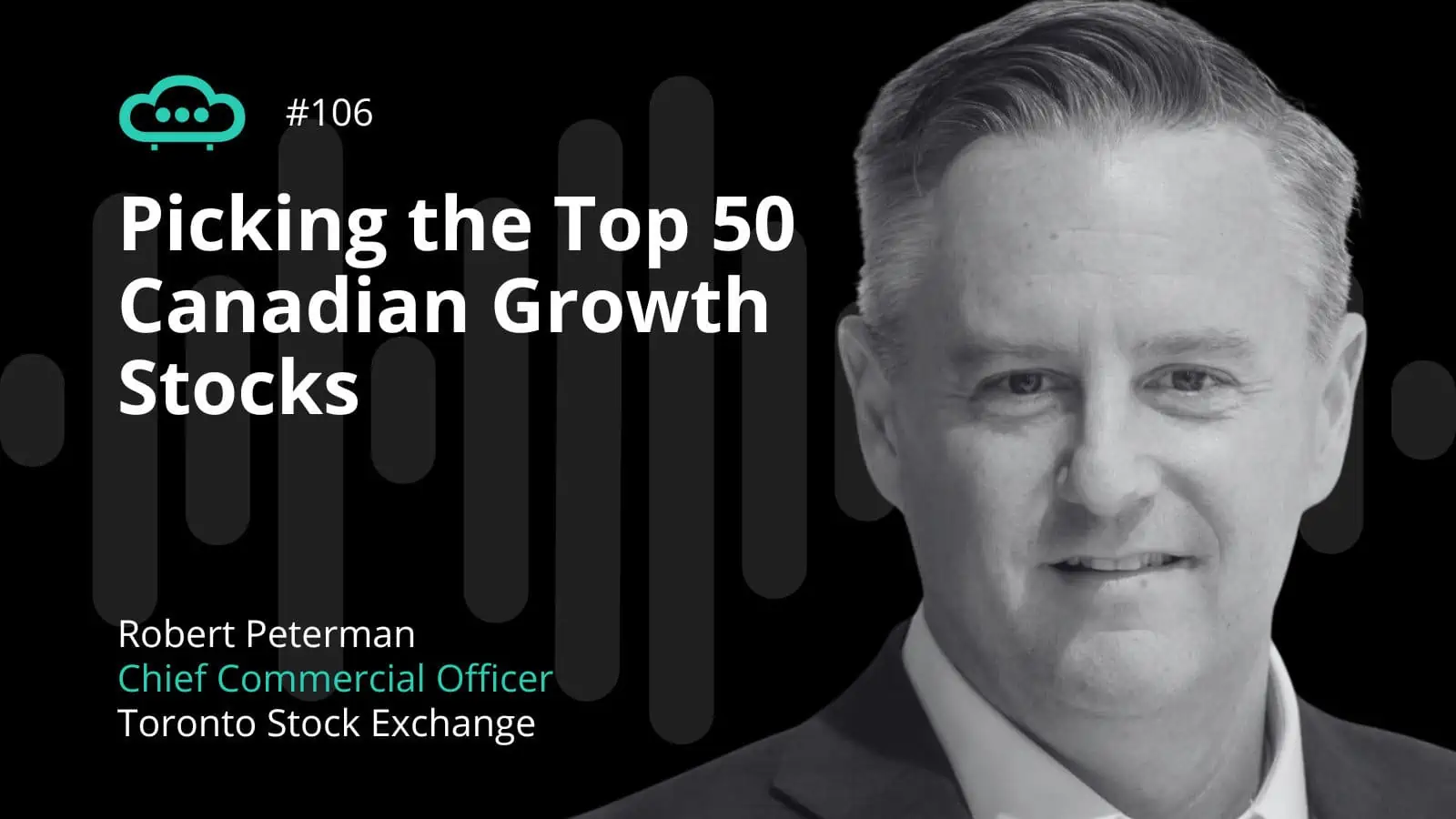Majestic Corporation [AQSE:MCJ] is headquartered in Georgia, US and operates in eleven US states as well as having seven operational hubs in the UK, and representation in Hong Kong, Mexico and Australia. The recycling company provides end-to-end recycling solutions for the refining and recycling industry.
It is an interesting sector to be operating in; Majestic recycles catalytic converters, recovering precious and non-ferrous metals from printed circuit boards and telecommunications equipment, as well as battery metal recycling.
Catalytic converter market predicted to grow
Just the catalytic converter market was worth GBP1.9bn in 2023, with a predicted compound annual growth rate of 8% over the next seven years according to research house, Cognitive. Catalytic converters are economically valuable for recycling because they include valuable precious metals such as platinum, palladium, and rhodium, which not only reduces the need for new mining operations – often in jurisdictions with political insecurities and lighter environmental regulations – but is also in alignment with a global push to greater recycling and sustainability from industry, and the sector has grown strongly to reflect the dynamics of global trends and industrial demands from new green industries like renewables.
- BWA exploring mineral resources in Cameroon and Canada
- Zefiro Methane shares go live on Cboe Canada
- Pineapple Power proposes slate of green energy experts for board
In a recent research report, Pitt Street Research, tipped Majestic for the top, with analyst Marc Kennis saying: “Majestic may be a small company, but still has great potential […] a profitable business, having made USD397,000 [GBP313,250] in FY22 (even with one-off IPO costs of nearly USD400,000) and USD862,000 in 1HY23. The company has successfully paid down its debt. Beyond benefiting from decarbonisation, we expect Majestic to also gain from resource nationalism and increasing regulation that mandates the recycling of metals.”
In its last set of published results, for the six-month period ended 30th June 2023, Majestic reported revenue of USD13m, slightly up from the USD12.9, reported in the same period of 2022 although profit before tax was down 12% to USD862,000 and cash-on-hand down USD800,000 year-on-year.
However, net assets were up 12% to USD7.6m. Peter Lai, chairman and CEO said at the time: “We have […] published another strong set of interim results achieved against a period of high interest rates, geopolitical tension and with China, the biggest consumers of commodities, experiencing shrinking GDP.”
He continued: “We continue to closely monitor economic developments, which predict a drop in industrial activities in key sectors that are drivers for demand in commodities. Despite these difficult conditions for global markets, which we don’t see improving in the short term, our focus remains on safeguarding our competitiveness by further reducing our costs and securing long term contracts with customers.”
The company is facing a phase in the economic cycle, characterised by rising inflation and interest rates, which has a dampening effect on the price of commodities, which will affect the demands for Majestic’s recycled products. However, politically, especially given the ongoing War in Ukraine and the ramifications of the conflict in the Middle East, alongside the economic superpowers of the US and China increasingly locking horns, there is an escalation in resource nationalism globally. Every industrialised country, and increasingly developed countries, which are becoming the dumping ground for the West’s waste mountains, are seeing these piles of rubbish as potentially valuable resources for ‘miners’ like Majestic.
Strategic minerals and resource nationalism
As we recently reported, when discussing one of The Armchair Trader’s other stocks to watch, Great Western Mining Corporation [AIM:GWMO], the US has a critical minerals list, which includes aluminium, cobalt, copper, dysprosium, electrical steel, fluorine, gallium, iridium, lithium, magnesium, natural graphite, neodymium, nickel, platinum, praseodymium, terbium, silicon and silicon carbide. The US is not alone in developing critical minerals strategy, as in many ways the US is reacting to similar strategy lists in China, the EU and Japan and with resource nationalism is on the rise, states that are blessed with these strategic metals and minerals will restrict their export and seek third countries elsewhere for their industrial needs.
A positive trend for Majestic
The minerals and metals contained in our waste are an underexploited resource, and as nation states continue to cast around for quick ways to consolidate their supplies, this trend can only be positive for Majestic and its peers.
Majestic is an urban business, developing its hubs in already industrialised areas, close to where the materials it produces will be used.
The company opened the week (4th March) at 40p, up over 30% from where it was trading at one-year ago. Pitt Street values Majestic at 56p/share in a base case scenario, and 71p a share under an optimistic model. The analyst based this valuation on Majestic’s revenue model, extrapolating the firm’s 1H23 sales onto a full-year, assuming that the sales will be double that in the full-year to 1H23.
Pitt Street also believes that the US dollar-sterling exchange rate weighs in Majestic’s favour, given that the Aquis Exchange is denominated in sterling.












